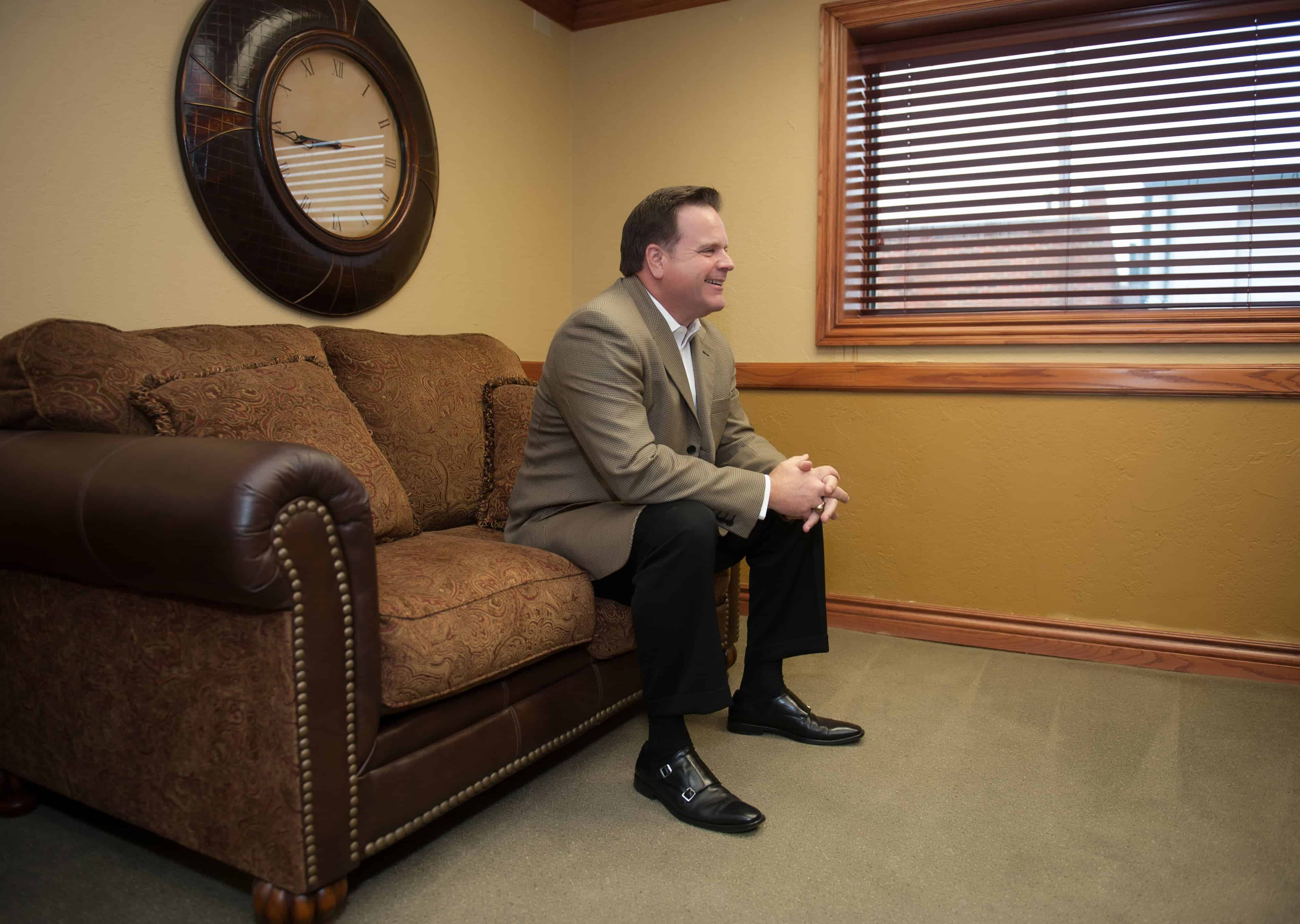One of the most difficult decisions in retirement planning is to relocate. If you reside in a state that has a high income tax rate, sales tax rate and/or ad valorem tax, it may be something to consider. During the retirement phase of life, your savings must last beyond your lifetime. To ignore the cost of living could be the difference between truly enjoying a lifetime of income and experiencing worry at a time in life that you shouldn’t.
A recent study of individual taxation by state yielded some not-so-surprising news. California, Hawaii, New York, Connecticut and Illinois are the highest taxing authorities on individuals. These states are currently seeing an exodus of its citizens to lower cost of living states. To eliminate 15% of your tax liability by simply relocating to Texas or Florida, states without individual income tax assessments, may provide the additional savings needed for your savings to last to lifetime.
Another area of consideration is property tax. If a state does not assess an income tax on individuals, it will, in most cases, utilize an ad valorem, or property tax, to generate revenue needed to fund the state’s functions. For example, some people consider moving to Texas due to its absence of individual income tax assessments. However, in most of the counties contiguous to the Dallas metroplex, the rate of assessment for property taxes creates more of a tax burden than one would pay by remaining in Oklahoma.
Personal property tax is another consideration when relocating in your retirement years. States have begun to assess sales tax on automobile purchases versus the excise tax previously charged for such transactions. It may take some of the joy out of your new purchase when you realize the bill from the state could be as much as $5,000!
Lastly, two of the necessities of life are utilities and food. When considering relocating, the cost of meals and household utilities should be considered. In extreme temperature climates such as experienced in Alaska, the cost of food and utilities, compared to Oklahoma, are very expensive. Due to the lack of fruit, vegetable and dairy production facilities and farms, these important staples of life must be flown into the location. The costs of delivery cause extremely high retail costs for consumers.
Although Hawaii may be the land of paradise many of us enjoy on vacation, the cost of living on the islands is very high compared to other states. Recently, we enjoyed a stay on Oahu and the cost of a gallon of milk was $7.99! If you are raising kids in your family, it may be cheaper to buy a cow.
It is important to consider many aspects when thinking of relocating during retirement. Cash flow is the ultimate factor coupled with your ecological requirements. One of the lowest costs of living states is Tennessee but you may wish to see the beautiful ocean shore each day. Trade-offs are a part of our lives. Rate the most important factors for you before undertaking a move to another state.
If you have questions as to how you can create a lifetime income plan, contact a Certified Financial PlannerTM practitioner to assist in the analysis so that you can make the best decision for your family’s needs.














